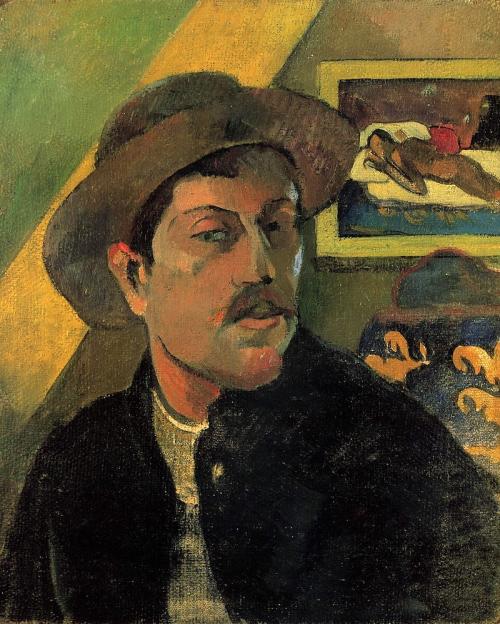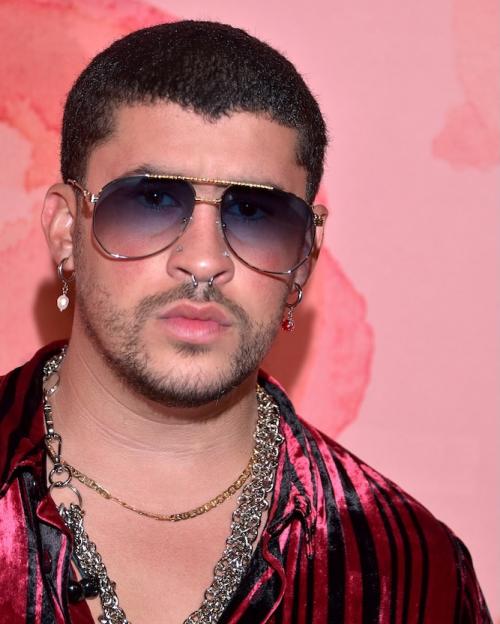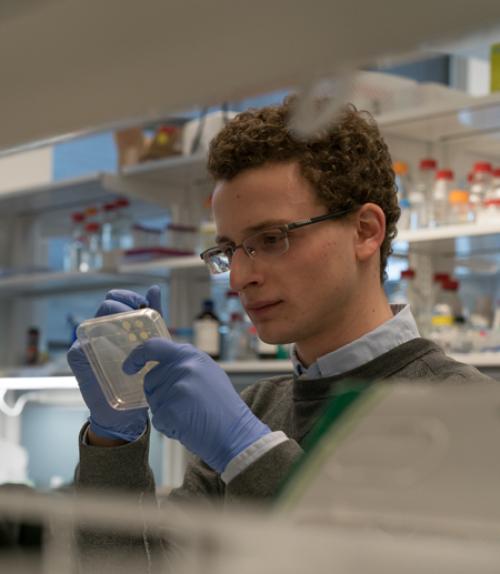Over February break, many students trek home to catch up on sleep or laundry.
Andrew Rosenblatt ’20 did laundry too, but he also spent the long weekend working on something a little more exciting: an experiment that shows promise for making cholera less resistant to treatment by a broad range of antibiotics.
His work, in the lab of Professor Tobias Doerr, assistant professor of microbiology, could improve the lives of the 1.3 million to 4 million people around the world who are infected with cholera each year. Cholera is an acute diarrheal disease present in water and can kill within hours if left untreated.
“I’ve been preparing all of these bacteria for my experiment, one strain of cholera and another strain of e-coli. Now I have that,” Rosenblatt said, adding that February break allowed him some extra time to work in the lab.
Doerr’s lab studies how bacteria build and maintain a healthy cell envelope and resist being killed by antibiotics, so part of his work focuses on antibiotic resistance in various bacterial cells.
Rosenblatt’s particular project focuses on Gram-negative bacteria, which includes Escherichia coli, Salmonella and Vibrio bacteria, which include V. cholerae, the bacterium causing cholera disease. These bacteria contain an additional outer membrane compared to Gram-positive bacteria, making it more difficult for antibiotics to reach and attack the cell walls.
But Doerr has discovered a gene whose presence creates a larger “porin,” a hole in the bacteria’s outer membrane, allowing larger antibiotics to enter and attack the cell wall. Rosenblatt is working on an experiment to force the bacteria to create more of these “holes.”
“We take advantage of bacterial genetics,” Rosenblatt said. “We place the gene inside a type of E. coli that can transfer the gene to the cholera bacterium and in that way, we genetically modify it .
“We’re testing the efficacy of the gene to see how much it increases sensitivity to the antibiotic. I’ve done one test so far, and it’s very encouraging."
Research like this is vital, Doerr said, because bacteria develop resistance to antibiotics quickly. Members of Doerr's lab are in the process of testing their research methods on different types of bacteria. And down the line, Doerr said, the research could translate into therapeutic drugs to fight various diseases.
“Without Andrew, we would probably have left this part of the experiment go for a while,” said Doerr, who has six undergraduate students in his lab, along with a group of graduate students and a research associate. “Initially, we were focused on the cell wall, not the outer membrane.”
Along with his lab work, Rosenblatt is very involved in Cornell’s Kidney Disease Screening and Awareness Program, which helps raise awareness of kidney disease, organizes screenings and encourages the prevention of chronic health conditions.
And he’s enjoying the broad array of courses he’s taking in the College of Arts & Sciences, including a public policy course in the government department and various humanities courses.
“I didn’t want just a scientific STEM education,” he said. “I wanted to explore my interests in history, in Russian literature.”
He’s also continuing his studies of Spanish, which is his first language, through Cornell’s classes for heritage speakers and classes on Spanish culture. Last summer, he volunteered as a translator with a nonprofit in his hometown of Mission Viejo, Calif., Access OC, which connects volunteer surgeons to people who need minor surgeries.
Rosenblatt plans to attend medical school after graduating, perhaps studying public health policy as well as medicine.




